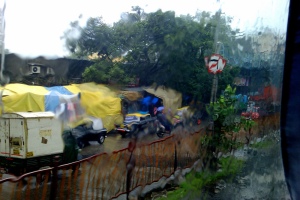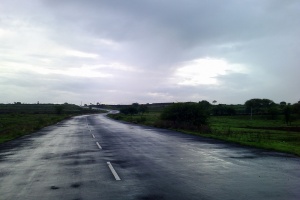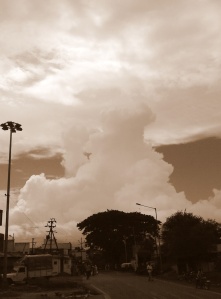The furore caused over the Afgan war logs leak over Wikileak is extremely satisfying for me. Such leaks atually fill the gap which the Right to Information acts can not fulfill in various countries. And less secrecy is always welcome. Weber has said about bureaucracy that it thrives on the control over information.
Read this story in Guardian about how the teams of datajournalists worked on the leaks -
It was central to what we would do quite early on that we would not publish the full database. Wikileaks was already going to do that and we wanted to make sure that we didn't reveal the names of informants or unnecessarily endanger Nato troops. At the same time, we needed to make the data easier to use for our team of investigative reporters: David Leigh, Declan Walsh, Simon Tisdall, Richard Norton-Taylor. We also wanted to make it simpler to access key information for you, out there in the real world ??? as clear and open as we could make it.The data came to us as a huge excel file ??? over 92,201 rows of data, some with nothing in at all or were the result of poor formatting. Anything over 60,000 rows or so brings excel down in dramatic fashion ??? saving takes a painfully long period of time (tip number one ??? turn automatic saving off in preferences???). It doesn't help reporters trying to trawl through the data for stories and it's too big to run meaningful reports on.
After reading the story, I wondered will Indian media ever can pull off such a coup? Will the owners of media houses in India allow their reporters to work on something so secret and so important?
Indian media, unfortunately is now a part of the unholy nexus of politicians, bureaucrats, & corporates - all who have access to important information within their domains. However, I must say that - to some extent - TV channels in India seem to be more independent.












